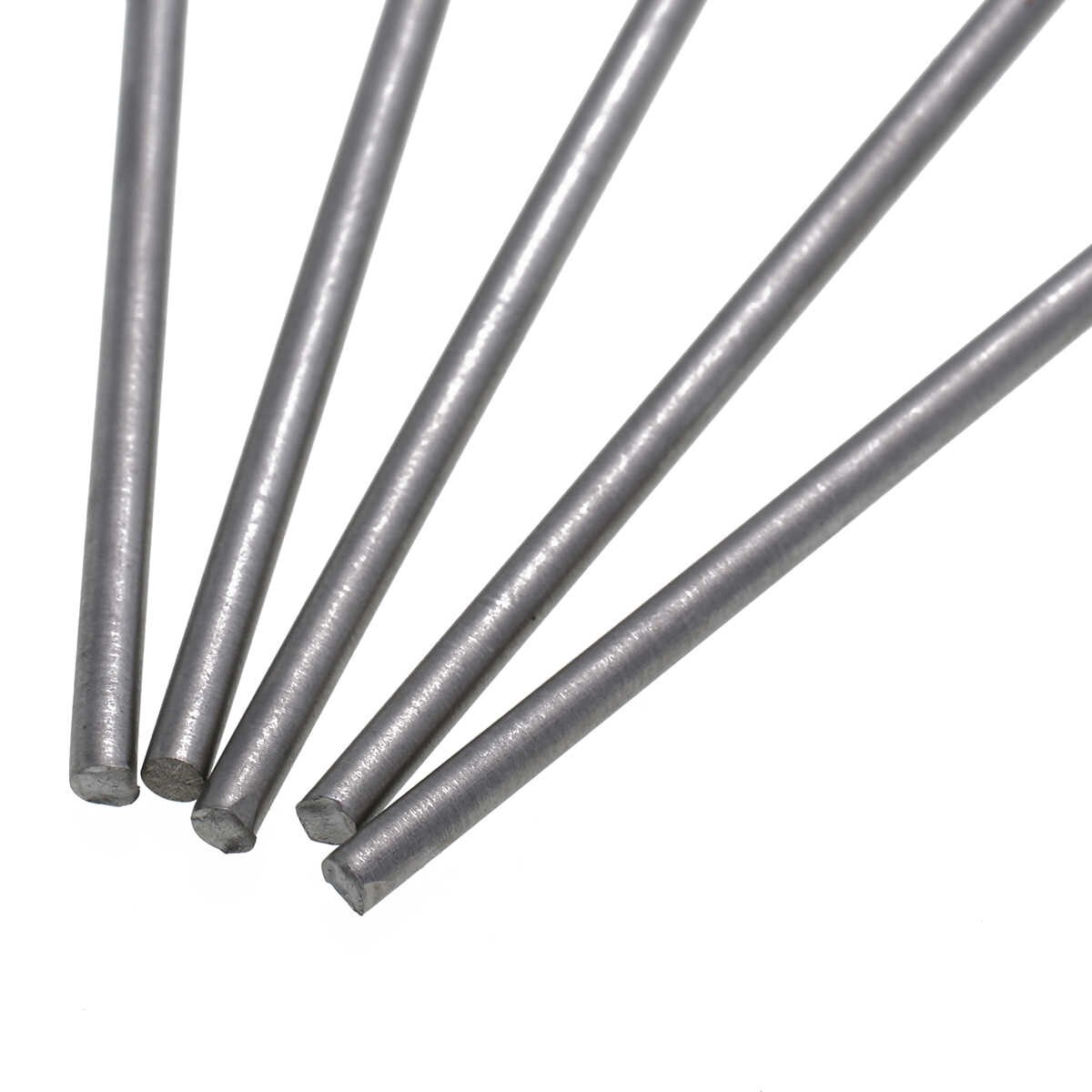Are titanium rods MRI safe?

Titanium is one of the most abundant metals in the world. Used for endless – and varied – medical applications including joint replacements, surgical screws and bone plates. But can you have an MRI scan if you’ve got titanium implants?
What is an MRI scan?
MRI, Magnetic Resonance Imaging, is a pain-free scan that takes images of what’s happening inside the body. It’s one of the safest methods as the body isn’t exposed to radiation.
An MRI scan is often used to evaluate organs of the chest and abdomen, pelvic organs, blood vessels and lymph nodes. Many physicians use it to diagnose or monitor treatment for tumours, diseases, inflammation and heart problems too.
The examination itself includes a cylindrical machine that has a wire wound around it. When electricity is passed through the wire, a magnetic field flows through the cylinder and is applied to the body. The imaging apparatus then senses the signal produced in response to the magnetic field and produces an image.
Who can have an MRI scan?
Most people can have an MRI scan, but there are some cases where it might not be recommended.
MRI scans are generally not recommended for pregnant women as it’s unknown whether the magnetic field can have a long-term impact on baby development. They are considered safer to use after 12 weeks.
Having metal in your body – be it a pacemaker, prosthetics or titanium rod, screw or pin – doesn’t necessarily mean that you can’t have an MRI scan. But you must make the medical staff aware of it.
The NHS decide on a case-by-case basis and identify any potential risks or measures that need to be taken to ensure the scan is conducted safely.
Are titanium rods MRI safe?
Yes. Used widely in the medical industry, titanium rods are biocompatible and can securely fix broken or fractured bones in place and make great artificial joint replacements. Titanium rods have been tested for compatibility and safety for more than 30 years. Almost all studies have shown that they are non-ferromagnetic, meaning that they are safe for MRI scans.
It’s advised that patients wait 6-8 weeks after having hip or knee surgery as there is a risk that x-rays might inhibit growth – causing a problem for uncemented implants.
Need to know more?
Reputable titanium suppliers, like Ti-Tek, supply titanium rods for the medical industry. They source all materials from approved mills and customise their products to suit customer demand – without sacrificing safety or quality.
If you’d like to know more about titanium rods and their use in the medical field, call Ti-Tek on 0121 382 4121 or email info@titek.co.uk. On hand from 9.00am till 5.00pm, Monday to Friday, they will be more than happy to guide and advise you.








